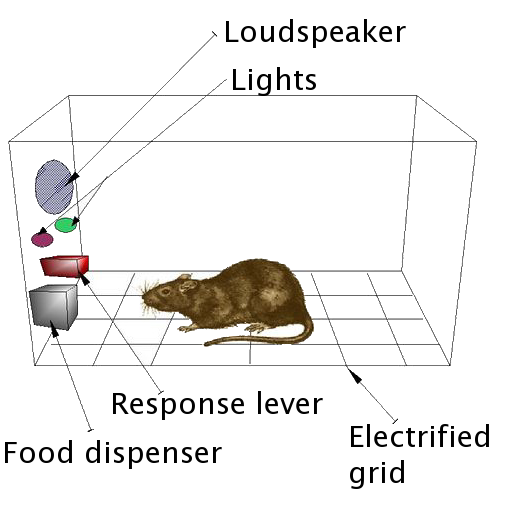Events over the past few days have triggered a few trips down memory lane for me. Submitting an extremely late UCAS entry today, going for a drink with the A2s on Monday and dinner with the BTECs last Friday, and generally watching these little baby birds spread their wings and fly away. A few of them have asked me what university is like, and what my fondest memories of university were. Sadly many of these events took place before digital cameras were around, and I haven't scanned half the incriminating photos associated with this, so imagination it is then.
- The cleaner in my first-year halls of residence, who looked after me like I was her own daughter when I got gastroenteritis
- The engineering student from upstairs who carried me from his room to my own and put me to bed, before sleeping in my armchair, the night I drank enough to die
- Being able to do a full evening's studying and go out clubbing at 11pm
- Soup with an absorbance of 1%, salmon en croute with sultanas and desserts constantly served with condensed milk because the chef did not like his puddings being "adulterated" with custard
- One of the geologists having their birthday during our Dorset fieldtrip, and the DJ in the "Ace Disco" in the basement of the hotel in Weymouth playing "You'll Never Walk Alone" for the happy scouser.
- The demonstrators' risk assessment for Tintagel, Cornwall, which warned of the dangerously high cholesterol levels associated with the Cornish pasty shop at the top of the hill
- Experimental sandwiches from hotels and B&Bs, such as beef and cranberry, or cheese and stuffing
- Cycling against the bracing Cambridge wind, whichever direction we were going in ("Nothing between here and the Urals")
- Working in the Sedgwick Museum with "Uncle Rod", a kindly curator who bore more than a passing resemblance to Hammond in Jurassic Park
- Enjoying a 46oz margarita in New Mexico on fieldwork
- Skinny-dipping in the Gulf of Evvia (Greece) in mid-December, after way too much retsina
- Getting to work on a real dinosaur fossil for my MSci project (still amazes me)
- Being taken seriously as a scientist by other scientists
- Certain undergrads from the year above me chucking cuddly Pokemon toys around the library when the librarian wasn't looking, and playing LaserQuest after dark in the department
- Coming out of our final exam and hearing the champagne corks pop
- Some cute LLM student from another college asking me to marry him at my May Ball

















